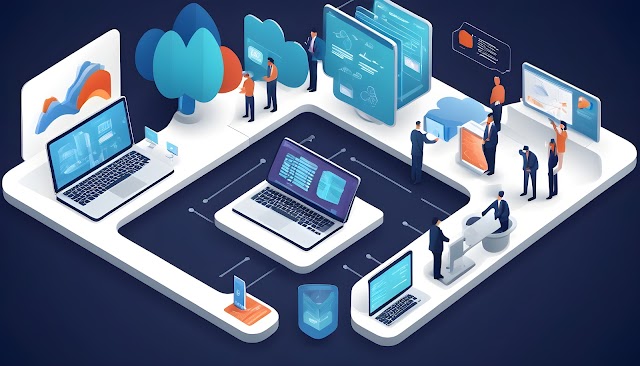The Future of Philippine Ports: Smart Technologies and Automation
The Philippines, an archipelagic nation of 7,600+ islands, has long relied on its ports as critical gateways for economic growth and connectivity. As global maritime trade evolves, Philippine ports face mounting pressure to modernize and improve efficiency. The future of these vital hubs lies in the adoption of smart technologies and automation, a transformation that promises to reshape the country’s maritime landscape. Currently, major Philippine ports, such as the Manila International Container Terminal ( MICT ), grapple with significant cha…
Mobile Penetration and Its Impact on E-commerce Growth in the Philippines
In the digital age, the Philippine archipelago has demonstrated significant growth in mobile penetration, fundamentally transforming consumer behavior and the dynamics of international trade. With one of the highest rates of smartphone usage in Southeast Asia, the opportunities for the freight forwarding sector are vast and varied. This article explores how freight forwarders can leverage these trends to enhance their business operations. Understanding the Digital Landscape The Philippines, with a mobile penetration rate exceeding 90% in recen…
Importance of Scalable Solutions in the Philippines’ Growth Trajectory
The Philippine logistics sector is poised for significant growth, driven by robust domestic demand, strategic geographic location, and increasing integration into global trade networks. As the sector expands, the necessity for scalable logistics solutions becomes more apparent, underpinning the efficiency and agility needed for companies to thrive in a competitive market. The Philippines has been experiencing steady economic growth, with the GDP rising annually. The logistics and transportation sector, crucial for sustaining this growth, is ex…
Cybersecurity for Freight Forwarders: Protecting Data in a Digital World
As freight forwarders integrate more digital tools into their operations, the sector becomes increasingly vulnerable to cyber threats. This digital pivot, while streamlining operations, exposes sensitive data to potential cyberattacks. For freight forwarders, safeguarding this data is not just about protecting their own business; it’s about securing the supply chain, preserving customer trust, and complying with international data protection regulations. The Importance of Cybersecurity in Freight Forwarding The role of a freight forwarder invo…
The Future of Freight Forwarding: Automation and AI in PH Logistics Industry
The Philippine logistics sector is undergoing a remarkable transformation, driven by the integration of advanced technologies like automation and artificial intelligence ( AI ). As global trade dynamics evolve and the demand for more efficient, reliable, and scalable logistic solutions increases, freight forwarders in the Philippines are finding that embracing these technologies is no longer optional but essential. This column explores how automation and AI are shaping the future of freight forwarding in the Philippines and how businesses can …
Embracing the Future: The Superiority of SwaS Over Traditional SaaS
In today's fast-paced and ever-evolving business landscape, staying ahead of the curve is the key to success. The software industry, in particular, has witnessed a profound transformation over the years, and this transformation is reshaping the way organizations operate. One of the most significant shifts we've witnessed is the evolution from traditional Software as a Service (SaaS) models to the innovative Software with a Service (SwaS) paradigm. As the CEO of a fast growing logistics technology company, I want to shed light on why Sw…
How to Adopt New Technologies in Freight Forwarding Without Disruption
In today’s rapidly evolving business landscape, the freight forwarding industry is under increasing pressure to adapt and innovate. The integration of new technologies can drive efficiency, reduce costs, and enhance service delivery, providing a competitive edge. However, adopting these technologies without causing operational disruptions poses a significant challenge. This article outlines practical strategies for seamless technology adoption in the freight forwarding sector. Understand Your Needs and Set Clear Objectives Before integrating a…
Know About The author
schedule for demo
Popular Posts












Connect with us